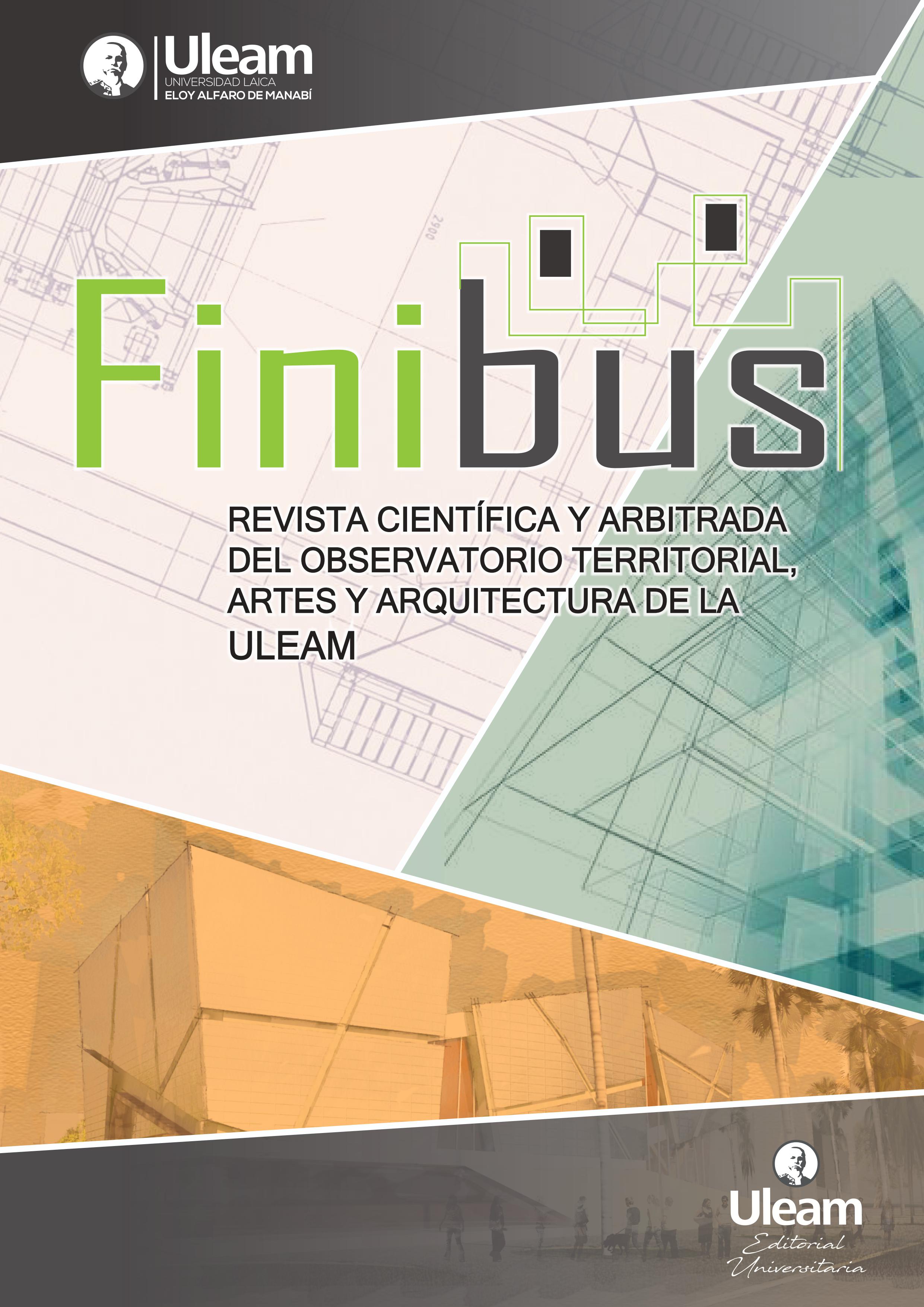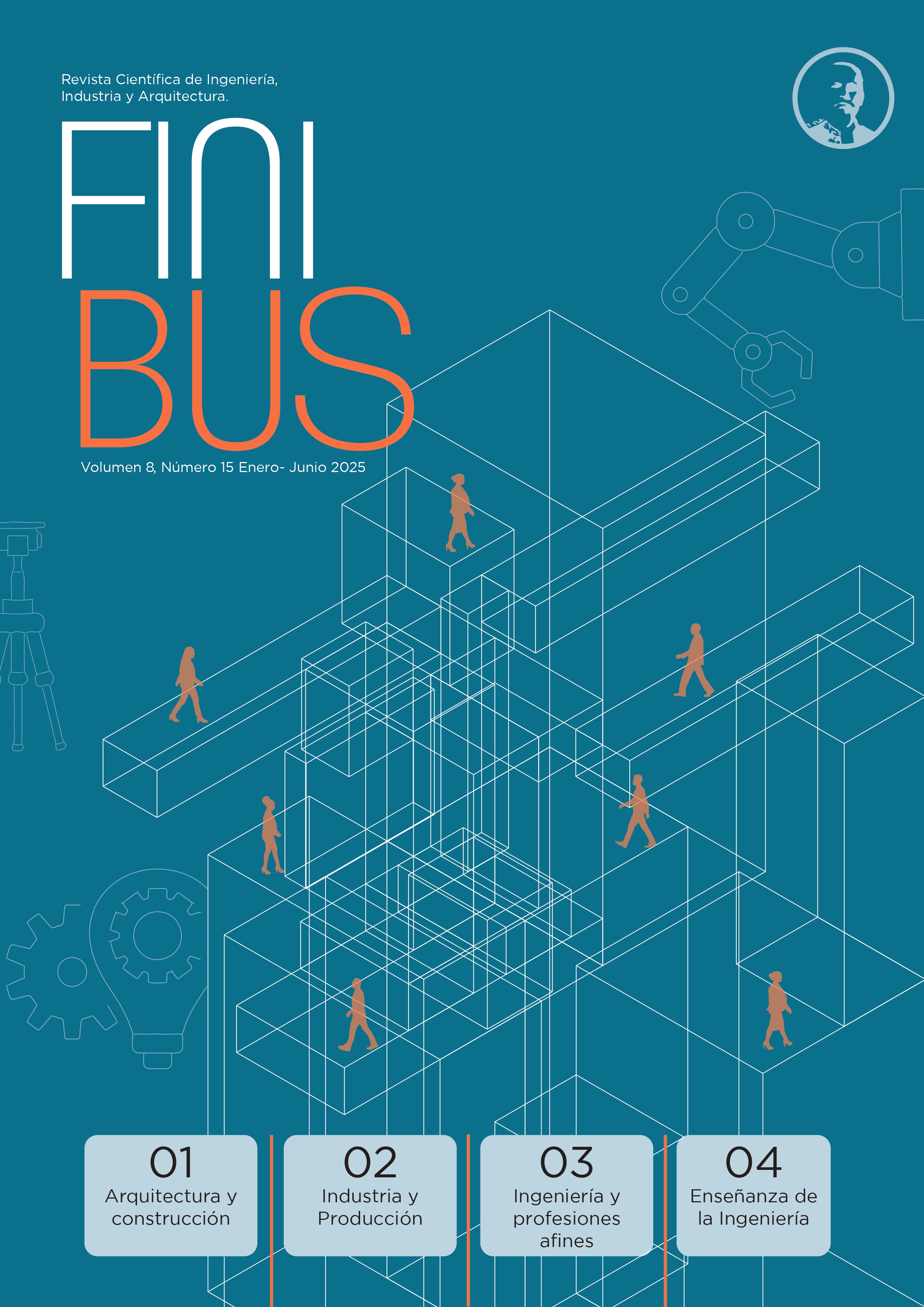Analysis of the Modal Partition considering motorization, capacity and service.
Case study: Mendoza Metropolitan Area, Argentina
DOI:
https://doi.org/10.56124/finibus.v7i13.001Keywords:
urban mobility, transport modes, sustainabilityAbstract
Urban mobility in the Metropolitan Area of Mendoza, Argentina, faces various challenges, such as traffic congestion, pollution, lack of infrastructure for public transportation and sustainable mobility options, urban growth, and decreased quality of life.
The study considered the Modal Partition, the trips made according to the mode of transport used, using data from 4 Origin-Destination Surveys carried out between 1986 and 2010. Subsequently, different groupings of modes of transport were analyzed according to: motorization, capacity and service.
The results indicated that 84.40% of the trips made between 1986 and 2010 were motorized. In addition, there was an increase in individual trips and a decrease in collective trips. Cycling and walking also played an important role in the mobility of the city, although to a lesser extent. In the future, it is essential to establish a relationship between the trend of dispersed urban growth and mobility needs, in addition to improving current regulations. This will allow sustainable planning that promotes the integration of mobility. It is expected to provide valuable information to develop effective strategies that address urban mobility, with the aim of contributing to a more livable and sustainable city
Downloads
References
Bruton, M. (1978). Introducción al planeamiento del Transporte. ISBN 9780367726577. Buenos Aires, Troquel.
Consejo Federal de Inversiones (CFI). (1987). Estudio de Transporte Público de Pasajeros, Gran Mendoza. Tomo II.
Dalla Torre, J. (2020). Nuevo sistema de transporte público en el Área Metropolitana de Mendoza, Argentina. Algunas reflexiones sobre movilidad. Revista Transporte y Territorio, (22), 230-257. https://doi.org/10.34096/rtt.i22.8409
Dirección de Estadísticas e Investigaciones Económicas del Gobierno de la Provincia de Mendoza (DEIE). (2005). Estudio de Patrones de Movilidad.
Dirección de Vías y Medios de Transporte & Facultad de Ciencias Políticas y Sociales, Universidad Nacional de Cuyo. (1998). Encuesta del transporte urbano del Gran Mendoza, zona Este y Lavalle. Origen- Destino 1998.
Drliciak, M., Celko, J., Cingel, M., & Jandacka, D. (2020). Traffic volumes as a modal split parameter. Sustainability, 12(24), 10252. https://doi.org/10.3390/su122410252
Escudero, N. (2017). Movilidad urbana y ciudad sustentable. Las experiencias de los casos de Curitiba y de Nantes, desde la perspectiva de la sustentabilidad. ISBN: 978-956-289-163-9. Santiago de Chile, Fondo de Cultura Económica. Recuperado de: https://repositorio.uchile.cl/handle/2250/145918
Florian, M., & Nguyen, S. (1978). A combined trip distribution modal split and trip assignment model. Transportation Research, 12(4), 241-246. https://doi.org/10.1016/0041-1647(78)90065-5
Fondo de población mundial. (2007). Estado de la Población mundial. Liberar el potencial del crecimiento urbano. ISBN 978-0-89714-809-2. Nueva York. Fondo de Población de las Naciones Unidas. Recuperado de: https://www.unfpa.org/sites/default/files/pub-pdf/swp2007_spa.pdf
Gutiérrez, A. (31 de marzo- 3 de abril de 2009). Movilidad o inmovilidad: ¿Qué es la movilidad? Aprendiendo a delimitar los deseos. Congreso XV Clatpu, Buenos Aires, Argentina. Recuperado de: https://ingenieria.uncuyo.edu.ar/catedras/movilidad-o-inmovilidad-que-es-la-movilidad-aprendiendo-a-delimitar-los-deseos.pdf
Lave, C. A. (1969). A behavioral approach to modal split forecasting. Transportation Research/UK/, 3(4).
Ley Provincial 8.999 de 2017. Plan Provincial de Ordenamiento Territorial. Provincia de Mendoza. 23 de agosto de 2017. B.O. 30437
Ministerio de Obras y Servicios Públicos. (1972). Estudio Preliminar de Transporte de la Región Metropolitana. Buenos Aires, MOSP.
Molina, G., Arboit, M., Maglione, D., Sedevich, A. & Mutani, G. (2020). Estudio de expansión urbana, crecimiento poblacional, consumos energéticos e índices de vegetación en el Área Metropolitana de Mendoza. ÁREA, 26(1), 1-21. Recuperado de https://area.fadu.uba.ar/area-2601/molina-et-al/
ONU-Hábitat. (2021). La Nueva Agenda Urbana ilustrada en español. ISBN: 978-92-1-132869-1. Nairobi, ONU-Hábitat. Recuperado de: https://publicacionesonuhabitat.org/onuhabitatmexico/Nueva-Agenda-Urbana-Ilustrada.pdf
Pons, M. (1999). Estudio de demanda Gran Mendoza. Dirección de Vías y Medios de Transporte Ministerio de Obras Públicas y Medio Ambiente.
Proyecto de Transporte Urbano para Áreas Metropolitanas (PTUMA). (2012). Encuesta de Origen-Destino 2010: Movilidad en el Área Metropolitana de Mendoza. -1ª ed- Buenos Aires. Recuperado de: https://www.argentina.gob.ar/transporte/dgppse/publicaciones/encuestas
Sun, Q., Feng, T., Kemperman, A., & Spahn, A. (2020). Modal shift implications of e-bike use in the Netherlands: Moving towards sustainability? Transportation Research Part D: Transport and Environment, 78. https://doi.org/10.1016/j.trd.2019.102202
Tabuchi, T. (1993). Bottleneck congestion and modal split. Journal of urban economics, 34(3), 414-431. https://doi.org/10.1006/juec.1993.1044
Tena, A. (2 de marzo de 2018). Dos tercios de la población mundial vivirá en ciudades en 2050. Revista Contexto (158). Recuperado de: https://ctxt.es/es/20180228/Firmas/18167/Ciudades-poblacion-mundial-concentracion-areas.htm
Published
How to Cite
Issue
Section
License
Copyright (c) 2024 Revista Científica y Arbitrada del Observatorio Territorial, Artes y Arquitectura: FINIBUS - ISSN: 2737-6451.

This work is licensed under a Creative Commons Attribution-NonCommercial-ShareAlike 4.0 International License.
















